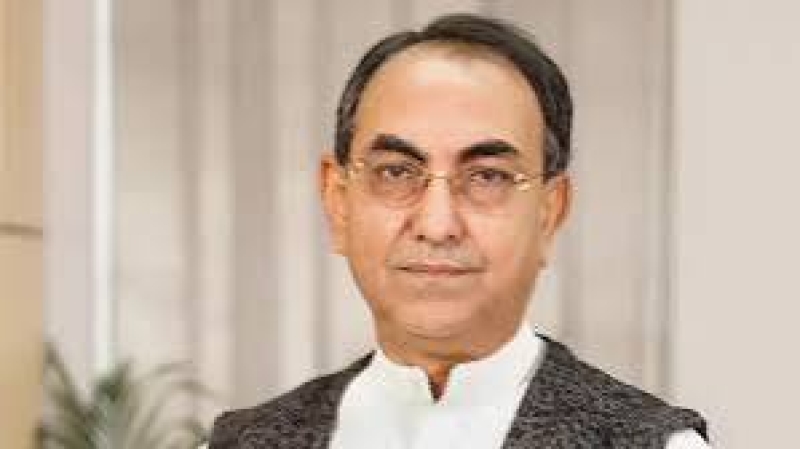- India Sees 9% Drop in Foreign Tourists as Bangladesh Visits Plunge |
- Dhaka Urges Restraint in Pakistan-Afghan War |
- Guterres Urges Action on Safe Migration Pact |
- OpenAI Raises $110B in Amazon-Led Funding |
- Puppet show enchants Children as Boi Mela comes alive on day 2 |
Yunus-Modi Meeting Very Important: Mirza Abbas

BNP Standing Committee Member Mirza Abbas has emphasized the importance of the first bilateral meeting between Chief Adviser Muhammad Yunus and Indian Prime Minister Narendra Modi, which took place on the sidelines of the BIMSTEC summit in Bangkok. Abbas described the meeting as "very important" and stressed its necessity for both nations.
"This meeting was certainly a significant step. It was essential at this juncture," he stated in response to questions from reporters at his residence in Shahjahanpur on Friday afternoon.
China Visit: A ‘Major Success’ for Interim Government, Says Fakhrul
Abbas pointed out that the Bangladesh government had actively sought this meeting with India, acknowledging its necessity. "The meeting was needed at this time," he added.
He also stressed the importance of bringing Sheikh Hasina back to Bangladesh, describing it as a demand of the people and a pressing national issue. "If the meeting was solely focused on the return of Sheikh Hasina, I would also urge that those who are her allies and working to destabilize the country should be sent back along with her," he remarked.
‘Trial of Sheikh Hasina is Essential’
Abbas called for Sheikh Hasina’s return to face trial, declaring it vital not just for Bangladesh, but for the global community. "India should immediately send Sheikh Hasina back to stand trial. It is crucial to ensure that a fascist is held accountable. This is a matter of global importance; no fascist should be allowed to escape punishment."
Regarding the Teesta River issue, Abbas reiterated Bangladesh’s demand for a fair share of the river’s water, asserting that Bangladesh should also construct a Teesta dam. "Bangladesh will not compromise on the Teesta or Farakka issues," he stated firmly.
He also demanded the annulment of unequal agreements signed by the previous Awami League government with India, including those that remain unimplemented.
Fakhrul Responds to Misinterpretation on Reforms
On the topic of electoral reforms, Abbas defended BNP's stance, addressing allegations that the party opposes reforms. "BNP has always been in favor of reforms. At the same time, we also support free and fair elections," he clarified.
He further emphasized that both electoral reforms and elections are necessary, but clarified that BNP opposes any reforms that undermine the rights and interests of the people. "Reforms should never go beyond the people's rights," he concluded.

